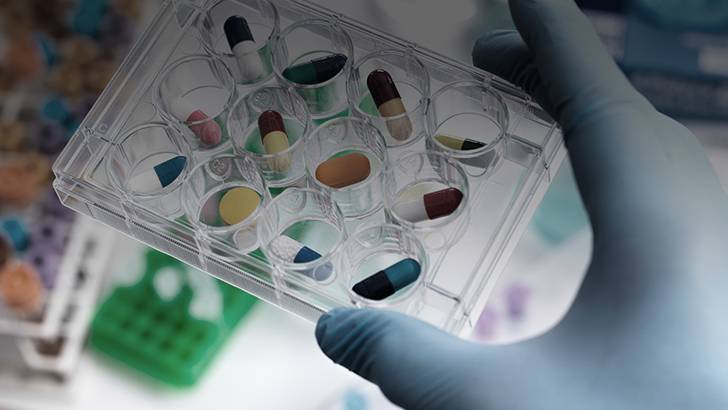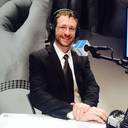Dr. Birnholz:
Coming to you from the ReachMD Studios, this is COVID-19: On the Frontlines. I’m Dr. Matt Birnholz.
Each day brings new research updates on the hunt for effective coronavirus treatments. Among the most touted at present are the antimalarial drug chloroquine and its better-tolerated derivative, hydroxychloroquine. Although studies to date have involved only a small number of patients, initial results have been promising.
For clinicians on the front line, one clinical trial currently enrolling at the University of Minnesota holds special interest. The study is examining whether hydroxychloroquine demonstrates efficacy as a post-exposure prophylaxis agent.
But results from that trial could take weeks, if not months, to tabulate. And in the face of PPE shortages and overwhelmed ICUs, some doctors have begun to self-administer the drug preemptively in an effort to protect themselves.
In online forums, discussions promoting optimal loading and maintenance doses have been countered by warnings from peers questioning the wisdom of adopting experimental protocols so quickly, particularly when the drugs themselves carry potentially dangerous side effects and are in increasingly short supply.
But proponents point to reports that roughly twenty percent of health care providers in the hardest-hit regions of Italy have contracted the virus, taking physicians out of service at a critical time. Thus what would have been considered reckless only weeks ago, they now claim, has shifted into a risk they consider worth taking.
For ReachMD, this is COVID-19: On the Frontlines. For continuing access to this and other episodes, and to add your perspectives on the fight against this global pandemic, visit us at ReachMD.com and become Part of the Knowledge. Thank you for listening.


Facebook Comments